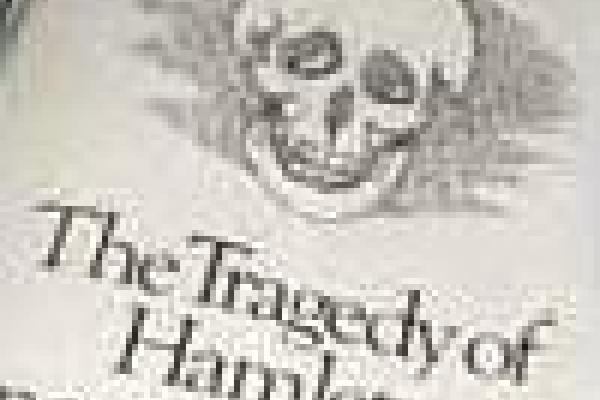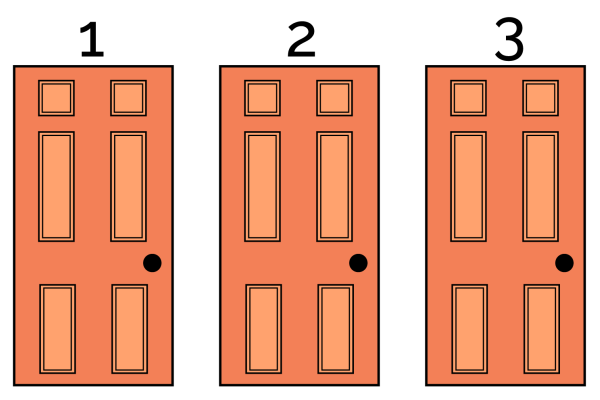Article

Outer space: Independence Day
Human beings are famously prone to error, and proof-readers are, after all, only human. But who picks up the errors a proof-reader misses? John D. Barrow challenges readers to estimate the errors that aren't found from the errors that are.




